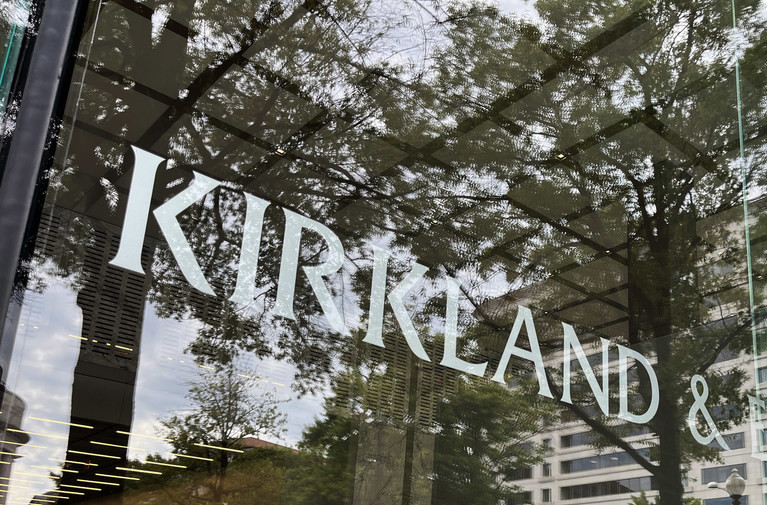San Francisco, CA – August 21, 2025 – Kirkland & Ellis LLP has achieved a groundbreaking victory in the education technology (EdTech) sector, securing the first full dismissal of a children’s privacy class action lawsuit against Illuminate Education, a provider of K-12 data management platforms. The case, decided in the Northern District of California, marks a significant milestone in addressing the growing wave of privacy litigation targeting EdTech companies accused of mishandling student data. This development, alongside other legal shifts such as the SEC’s evolving stance on cryptocurrency regulation, underscores the dynamic interplay of law, technology, and privacy.
Kirkland’s Defense Triumphs in Illuminate Education Case
The lawsuit, filed in 2022, alleged that Illuminate Education violated the Children’s Online Privacy Protection Act (COPPA) and California privacy laws by collecting and storing sensitive student data—such as educational records, behavioral data, and health information—without proper parental consent. Plaintiffs claimed the data was used for commercial purposes, including third-party analytics and product development. Represented by Kirkland partners Alyssa C. Kalisky, Rachael A. Rezabek, and Martin L. Roth, Illuminate Education successfully moved for dismissal of both initial and amended claims.
U.S. District Judge James Donato granted the dismissal on March 17, 2025, ruling that the plaintiffs failed to adequately plead “actual damages” and misapplied privacy statutes. The court found that the allegations, which leaned heavily on generalized claims of “surveillance capitalism,” lacked specificity to establish a violation under COPPA or California’s Invasion of Privacy Act. “This ruling sets a critical precedent for the EdTech industry, affirming that speculative harm does not meet the threshold for privacy claims,” said Kalisky in a statement. The unanimous affirmation on appeal further solidified Kirkland’s defense strategy, emphasizing the need for concrete evidence of harm in privacy litigation.
Context: EdTech Under Scrutiny
The dismissal comes amid heightened scrutiny of EdTech companies, driven by the rapid adoption of digital tools during the COVID-19 pandemic. Lawsuits against firms like PowerSchool, Instructure, and IXL Learning have surged, with plaintiffs alleging unauthorized data collection and monetization. For instance, a 2025 class action against PowerSchool, also defended by Kirkland, accused the company of collecting 345 terabytes of student data for commercial gain, though the court allowed some claims to proceed. Similarly, Instructure faces allegations of COPPA violations through its Canvas platform, highlighting the industry’s vulnerability to privacy challenges.
The Federal Trade Commission (FTC) has intensified enforcement, issuing warnings to EdTech providers about COPPA compliance and penalizing companies like Edmodo in 2023 for using children’s data for advertising without consent. Despite these efforts, the FTC’s recent decision to exclude EdTech-specific provisions from its updated children’s privacy rules has left the industry in regulatory limbo, prompting reliance on state laws and judicial oversight.
Broader Legal Landscape
Kirkland’s victory aligns with broader trends in privacy and technology law. In a parallel development, SEC Chair Paul Atkins recently announced that most cryptocurrency tokens should not be treated as securities, signaling a more permissive regulatory approach under Project Crypto. This shift, aimed at fostering blockchain innovation, mirrors the EdTech sector’s need for clear guidelines to balance innovation with privacy protections. Meanwhile, California law firms continue to navigate the financial burdens of wildfire litigation, using strategies like contingency fees and consortiums to manage costs, illustrating the legal industry’s adaptability to complex challenges. (from prior context)
Implications for EdTech and Beyond
The Illuminate dismissal sets a high bar for plaintiffs in children’s privacy cases, requiring specific evidence of harm rather than broad allegations of data misuse. This precedent could deter frivolous lawsuits while encouraging EdTech companies to strengthen compliance with COPPA and state privacy laws. Kirkland’s expertise, demonstrated in other privacy cases like defending GoodRx in FTC investigations, positions the firm as a leader in navigating the evolving data privacy landscape.
For EdTech stakeholders, the ruling underscores the importance of transparent data practices and robust consent mechanisms. Schools and parents can seek guidance from resources like the EdTech Law Center (edtech.law) or the Future of Privacy Forum for navigating privacy concerns. As the industry faces ongoing litigation and regulatory shifts, Kirkland’s success highlights the critical role of strategic legal defense in protecting innovation while safeguarding student rights.
